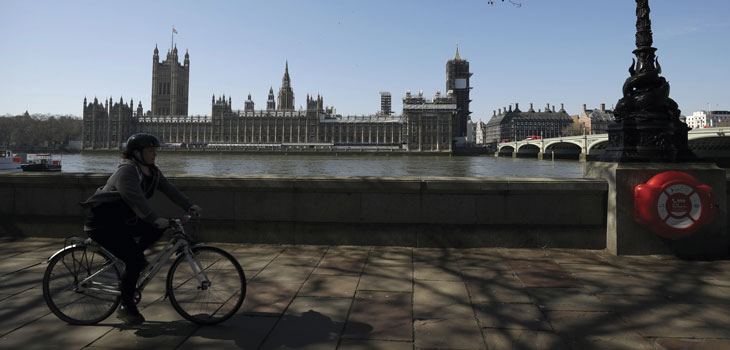
- A Government amendment allows for a Commons vote every six months as to whether the Act should continue in force.
- Despite time constraints, both the Lords Delegated Powers and Regulatory Reform Committee and the Lords Constitution Committee had the time to produce reports.
‘Coronavirus is the most serious public health emergency that has faced the world in a century. . . To defeat it, we are proposing extraordinary measures of a kind never seen before in peacetime.’ (Secretary of State, Matt Hancock, 23 March, HoC, col 35)
The Coronavirus Act has 102 sections (72pp) and 29 Schedules (275pp)—a total of 347 pages. It was introduced in the Commons on Thursday 19 March; went through all its stages in the House of Commons on Monday 23 March; was introduced and had its 2nd Reading in the Lords on 24 March; went through its remaining stages on 25 March and received Royal Assent the same day.
Mr Hancock told the







.tmb-mov69x69.jpg?sfvrsn=3d1684d4_1)

